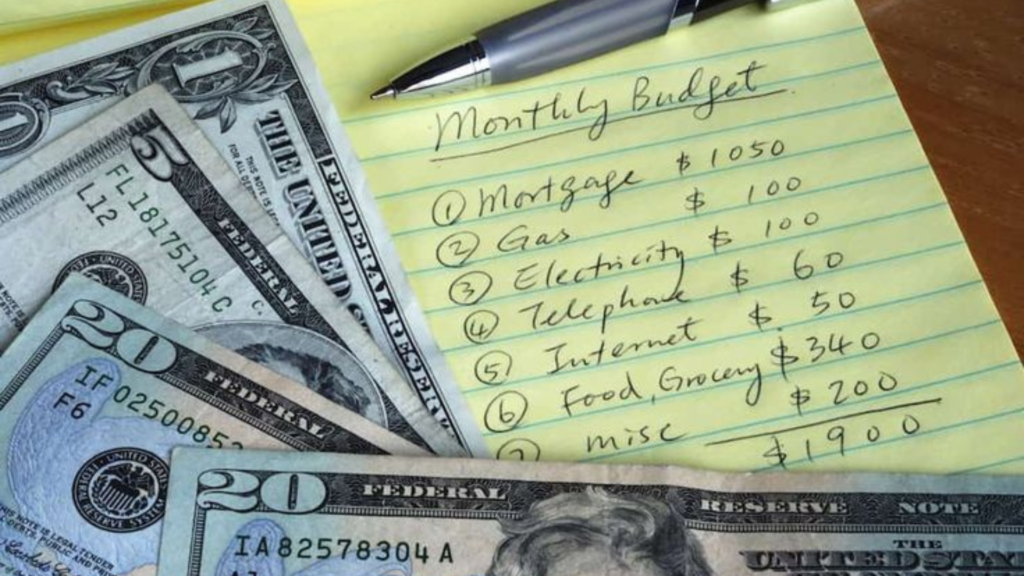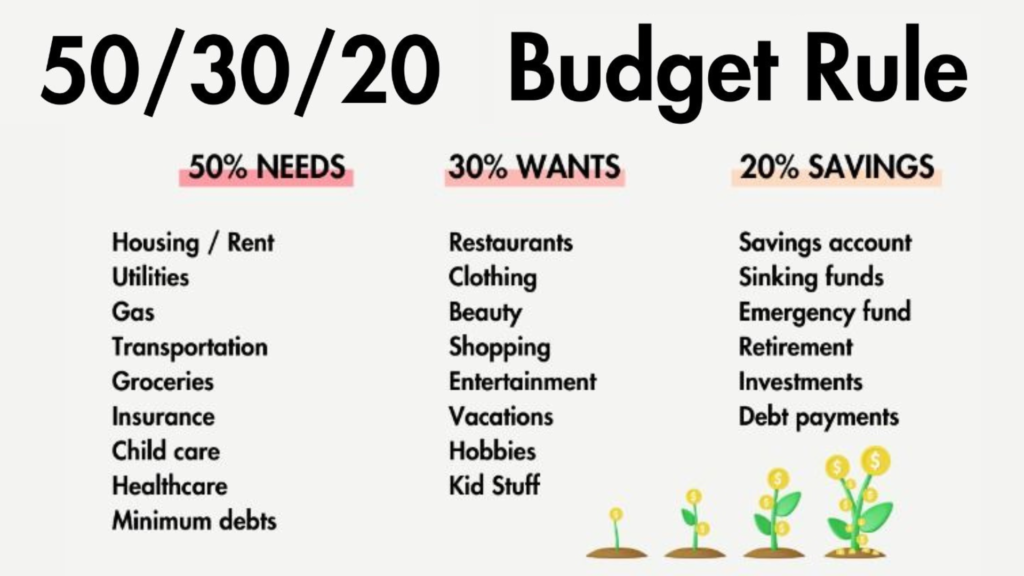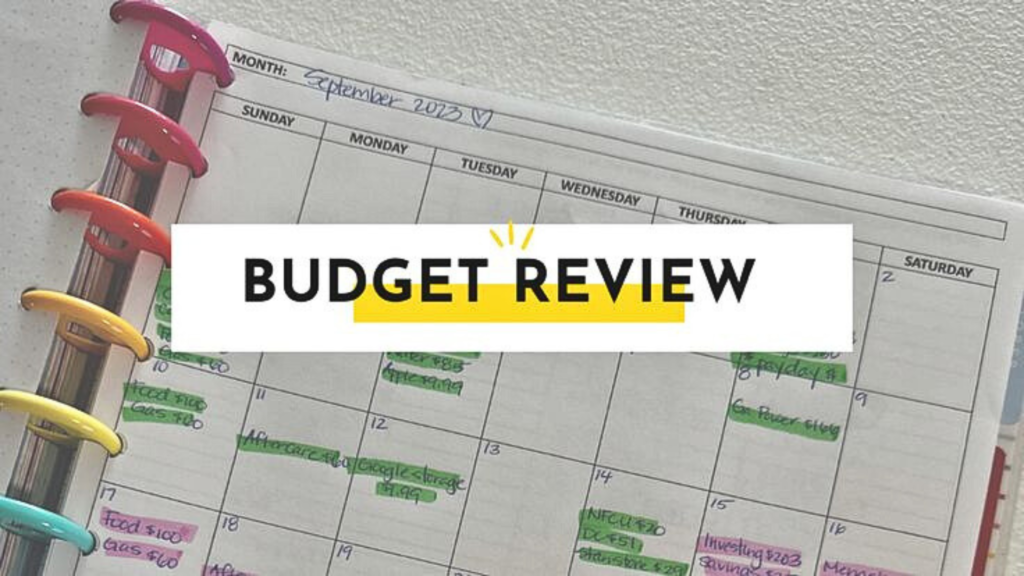Keeping a budget is not easy. However, it is essential to be budget-conscious if you want to keep your finances in check and reach your personal and professional goals. A budget is a useful tool that everyone can learn how to use. Having one helps you feel more in control of your finances, no matter how much you make.
So whether you’re saving for a big purchase, working to pay off debt, or just trying to live within your means, adopting budget-conscious habits can help you stay on track. These habits are not about depriving yourself but about prudently managing your income and expenses.
This article will explore eight practical tips to help you stay budget-conscious and control your finances. But before we get into that, let’s define a budget.
What Is a Budget?
A budget is a spending plan based on your income and expenses over a specific time frame. It allows you to monitor your spending and set aside money for different purposes, such as housing (rent or mortgage), groceries, transportation, and savings. Creating and sticking to a budget can help you ensure that your money is being spent in line with your financial priorities.

A budget-conscious approach to your finances helps prevent overspending and ensures you’re not living above your means. So whether you’re saving for a vacation, a new home, or paying off debt, a budget is an action plan to reach your goals.
Eight Practical Ways to Stay Budget-Conscious
If you want to stick to your budget, do the following:
1. Set Realistic Financial Goals
A critical part of staying budget-conscious is to set realistic financial goals. Whether you’re trying to save for a down payment on a house, pay off student loans, or build an emergency fund, having clear, specific goals will motivate you to stick to a budget.

You can start by making small, achievable goals and then work your way up. For an emergency fund, you can set a goal to save $500 over the next two months. As you can achieve smaller targets, you’ll feel encouraged to take on bigger financial goals.
2. Track Your Spending Regularly
This means that you need to record every dollar you spend, whether it’s for rent, utilities, or your daily cup of coffee. With this, you get to identify areas where you might be overspending.

An excellent budget-conscious example is if you notice that you’re spending $150 a month on takeout, you can decide to cut back on them and redirect more of that money toward savings or debt repayment. You can use budgeting apps or a simple spreadsheet to stay organized and keep track of your expenses.
ALSO READ: How to Save Money: 13 Simple and Effective Tips
3. Prioritize Your Needs Over Wants
When creating a strict budget, it’s important to differentiate between your needs and wants. Needs are essential expenses, like your rent, utilities, and groceries. Wants are non-essential items like eating out, entertainment, and new clothes.

Staying budget-conscious means you’re prioritizing your needs first. This will ensure that your essential expenses are covered and that you’re not overspending on things that don’t improve your financial situation.
4. Automate Your Savings
Automating your savings is a great way to stay budget-conscious without much effort. You can set up automatic monthly transfers from your checking account to your savings account.

By saving money in this way, you prioritize saving before you have a chance to spend that money on other things. With time, these small, regular contributions can build up and help you reach your financial goals.
5. Cut Back on Unnecessary Subscriptions
Many people sign up for streaming services, gym memberships, and magazine subscriptions, only to forget about them later. To sort this out, you can review your subscriptions regularly and cancel any that you no longer use or need.

This small step can free up extra cash for more important financial priorities. For instance, if you’re paying $12.99 monthly for a streaming service you barely watch, canceling it could save you over $150 a year.
6. Use the 50/30/20 Rule
The 50/30/20 rule is a simple budgeting arrangement that can help you categorize your earnings efficiently. This rule states that you should set aside 50% of your income for necessities (housing, groceries, utilities), 30% for extra expenses (entertainment, dining out), and 20% for savings and debt repayment.

This rule can be applied when figuring out how to budget money on low income.
7. Do Your Grocery Shopping Online
Online grocery shopping not only saves you time but also prevents impulsive buying. You can save your grocery list for subsequent visits, which can help you stick to a steady grocery budget.

This also prevents you from succumbing to the temptation to buy unnecessary items you never use just because you happened to spot them on the shelf.
ALSO READ: 7 Money Traps To Avoid and How To Save Big During Monthly Grocery Shopping
8. Review and Adjust Your Budget Regularly
Your budget is not a permanent record; it should be adjusted as your financial situation changes. You can review your budget regularly to ensure that it’s still in line with your current goals and expenses.

For example, if you get a raise at work, consider putting some of that extra income toward savings or debt repayment.
Why Creating a Budget Is Essential for Financial Stability
Creating a budget is not just about tracking your spending—it’s about taking charge of your finances and setting yourself up for financial stability. A well-planned budget can help you avoid unnecessary debt, save for emergencies, and plan for future expenses.

Additionally, it allows you to live comfortably without the stress of wondering where your money is going. So practice a budget-conscious lifestyle and gain control over your finances today.

